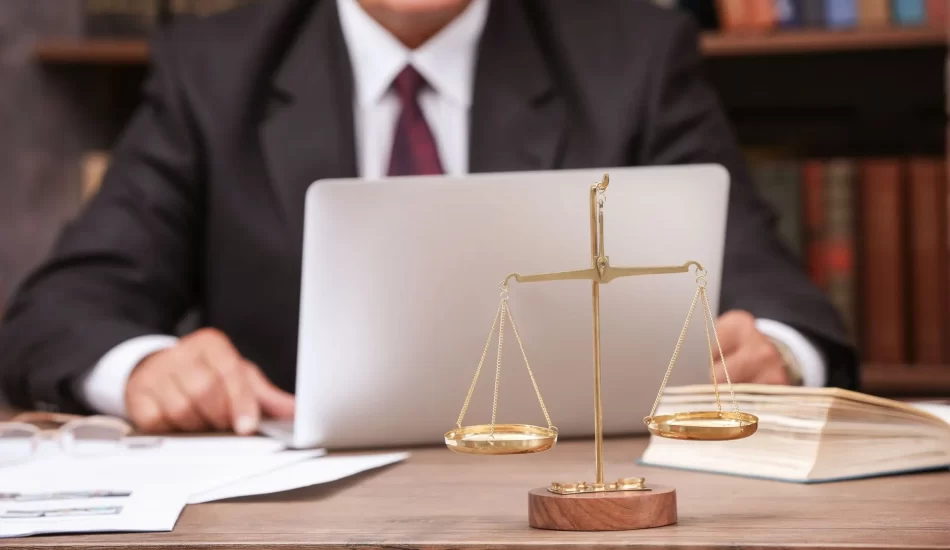Defending the Accused: The Ethics and Responsibilities of Defense Lawyers

In the pursuit of justice, every individual, regardless of the nature of the allegations against them, has the right to a fair and zealous defense. This fundamental principle of the legal system places a significant burden on defense lawyers, who play a crucial role in safeguarding the rights of the accused. However, this role is not without its ethical considerations and responsibilities. In this article, we will explore the essential ethics and responsibilities that guide defense lawyers in their pursuit of justice, as well as the challenges they may face in upholding these principles.
The Foundation of Ethical Practice
Presumption of Innocence
One of the cornerstones of the legal system is the presumption of innocence. Defense lawyers are bound by this principle, which asserts that every accused person is presumed innocent until proven guilty beyond a reasonable doubt in a court of law.
Client-Centered Representation
Defense lawyers are duty-bound to provide zealous and diligent representation to their clients. This means advocating for their client’s interests, protecting their rights, and providing them with the most effective defense possible.
Confidentiality and Attorney-Client Privilege
Defense lawyers are required to maintain strict confidentiality regarding all communications with their clients. This attorney-client privilege ensures that clients can speak openly and honestly with their attorneys without fear of disclosure.
Avoiding Conflicts of Interest
Defense lawyers must avoid conflicts of interest that could compromise their ability to provide unbiased and effective representation. This may involve declining representation in cases where a conflict exists or taking appropriate steps to address potential conflicts.
Upholding the Law and Ethical Standards
Defense lawyers are obligated to abide by the law and adhere to the highest ethical standards of the legal profession. This includes compliance with legal rules and regulations, as well as the rules of professional conduct set forth by bar associations.
Responsibilities to the Client
Competent Representation
Defense lawyers have a duty to provide competent legal representation to their clients. This involves possessing the necessary knowledge, skills, and experience to handle the specific legal issues of the case.
Thorough Investigation and Preparation
Defense lawyers are responsible for conducting a thorough investigation of the case, which may involve interviewing witnesses, reviewing evidence, and consulting experts. They must also prepare a strategic defense plan based on their findings.
Effective Communication
Defense lawyers must maintain open and transparent communication with their clients. This includes keeping them informed about the progress of the case, explaining legal strategies, and providing honest assessments of potential outcomes.
Advocacy and Zealous Defense
Defense lawyers have a duty to zealously advocate for their clients’ interests. This may involve challenging evidence, cross-examining witnesses, and presenting legal arguments in court.
Negotiating on Behalf of the Client
In some cases, it may be in the best interest of the client to negotiate a plea deal or settlement. Defense lawyers are responsible for advising their clients on potential options and advocating for favorable terms.
Balancing Ethical Obligations with Challenging Cases
Defending Unpopular Clients
Defense lawyers often face the ethical dilemma of representing clients who are widely viewed as unpopular or even morally reprehensible. Upholding the principle of providing a zealous defense may conflict with personal or societal judgments about the accused.
Addressing Conflicting Interests
Defense lawyers may encounter situations where their duty to the client conflicts with other ethical considerations, such as their duty to the court or the interests of justice. Navigating these conflicts requires careful ethical decision-making.
Dealing with Potentially Guilty Clients
Defense lawyers are ethically obligated to provide a vigorous defense even when they suspect their client may be guilty. This can be a challenging ethical dilemma, as it requires reconciling the duty to the client with broader ethical considerations.
Upholding Justice and Ethics
Defense lawyers play a vital role in the criminal justice system, ensuring that every accused person receives a fair and just legal defense. By upholding ethical principles, providing competent representation, and advocating for their clients’ rights, defense lawyers contribute to the integrity of the legal process. Despite the challenges they may face, defense lawyers remain committed to the fundamental belief that every individual is entitled to a robust defense and a fair trial, regardless of the allegations against them. Through their ethical practice, they help safeguard the principles of justice that underpin our legal system. If you are looking for a criminal defense lawyer to represent you, contact Jarrett Maillet of Maillet Law Firm today!
Jarrett Maillet J.D., P.C.
210 E 31st St
Savannah, GA 31401
912-713-3426


